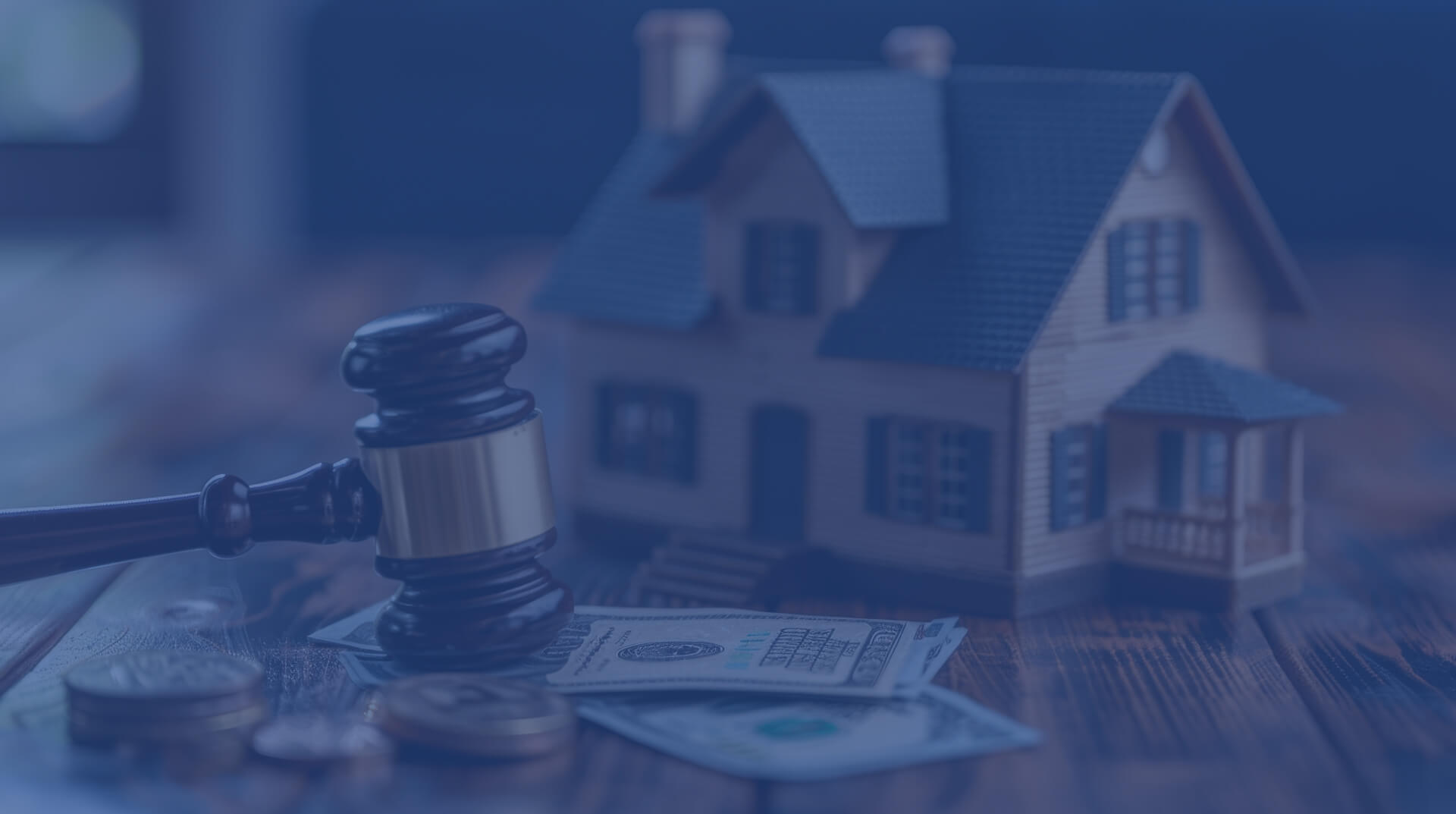
If you are falling behind in paying your mortgages and are facing foreclosure, filing bankruptcy can put a stop to it. With bankruptcy, you will be able to keep your property while you come up with a plan to pay off your mortgage. There are two common bankruptcy chapters you can file: chapter 7 and chapter 13.
In Chapter 7, a trustee is assigned to your case and will sell off your possessions to make sure that your creditors are satisfied. Other debts you have remaining after this liquidation process will be discharged. However, if you still can’t afford to keep up with mortgages after liquidation, your house can be sold in a foreclosure sale to satisfy the bank. Chapter 7 will also put an automatic stay on foreclosure, meaning that you will get some time to figure out what to do with your financial situation while forbidding creditors from contacting you.
In Chapter 13, you get to keep your house while still making payments but over a longer period of time (usually three to five years). This means that in foreclosure where you fall behind in mortgages, you will still make payments toward the mortgage but over a longer time period. Chapter 13 also comes with an automatic stay so the foreclosure process is paused and the creditors are not allowed to contact you to collect payments.
If you want to figure out which bankruptcy is right for you, or if you want to know if bankruptcy is even a good option for you, give us a call. We’ll get a better picture of your situation during our free consultation so our bankruptcy attorneys can determine the best option for you.









